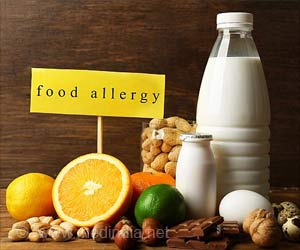Successful cloning has been a dream come true for the scientists who been working hard for the same. The U.S. Food and Drug Administration is expected to take an extra step ahead
Successful cloning has been a dream come true for the scientists who been working hard for the same. The U.S. Food and Drug Administration is expected to take an extra step ahead as it is likely to announce soon that milk from cloned animals, as well as their offspring, are safe to eat.
Canada holds the credit when it comes to cloning techniques, with Canadian Scientists having proved themselves following the success regarding Starbuck, one of the first cloned cows.Health Canada has been studying the viability of introducing cloned products to the attractive food market for the past 2 years. However, there has been no hint about the future regulations that might be imposed.
It's unlikely that cloned animals themselves will be sold any time soon because of the high expense. But their offspring may end up on the market if Health Canada follows the FDA lead. Starbuck has infact fathered 15 offspring.
"Once in every hundred years you get one animal that is super, and it just disappears when it dies. But through cloning you could keep it alive " said Lawrence Smith, a leader in the field of cloning domestic livestock and a supporter of the anticipated move. Companies that have been working on cloning are already excited about the issue.
Consumer reaction to the concept of cloned food is mixed, at best. According to some groups, it is a health risk simply not worth taking.
Food safety advocates, however, warn even small imbalances in an animal's hormone, protein, and fat levels could make meat and milk unsafe. In view of the mentioned risk, it would be sensible enough if long term studies are taken up to demonstrate the benefits before such foods can rock the international food market.











